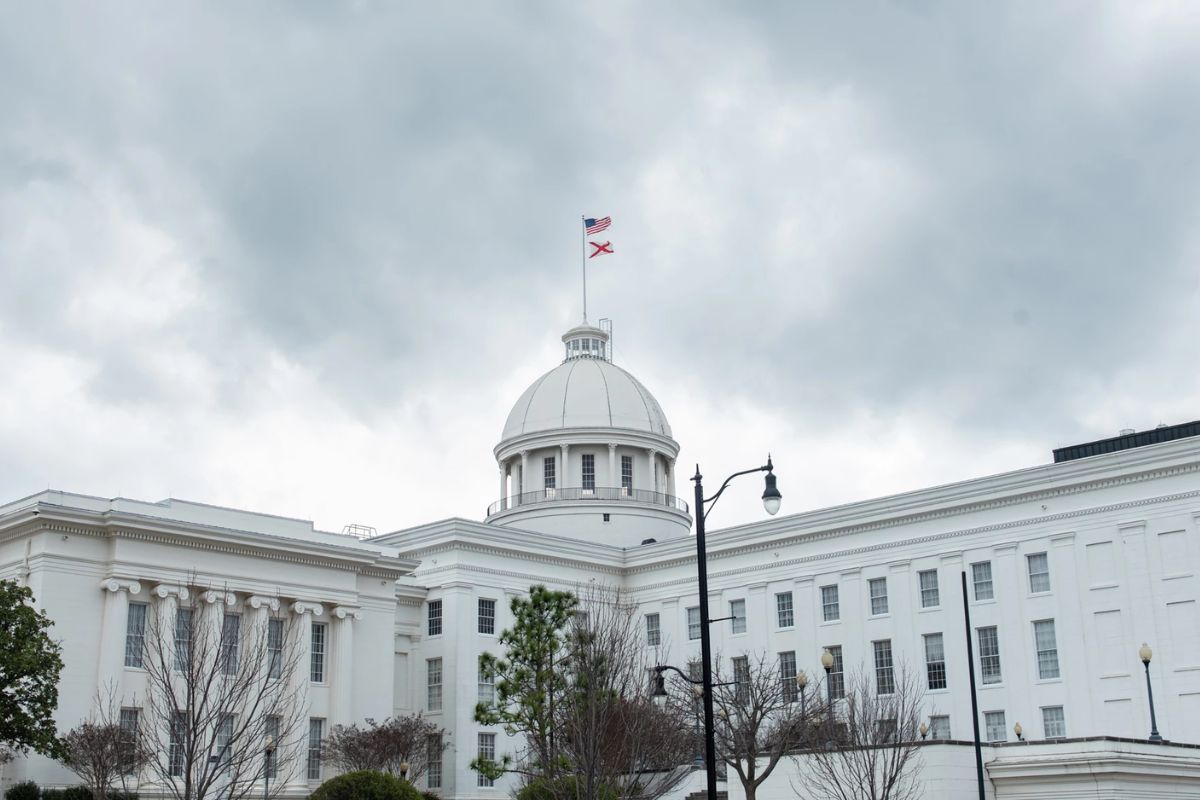Alabama’s IVF Ruling Fetal Personhood: The recent Alabama Supreme Court ruling on the status of frozen embryos has sparked a complex debate surrounding fetal personhood and the intricate intersection of reproductive rights and legal interpretation.
This ruling has unveiled a journey fraught with ethical, legal, and societal implications that go beyond the confines of a courtroom.
As the implications of this decision ripple through the landscape of assisted reproductive technology, it raises questions about the rights of embryos, the obligations of individuals undergoing IVF procedures, and the broader societal implications of defining personhood at such a nascent stage of development.
Alabama Supreme Court’s Ruling on Frozen Embryos
The Alabama Supreme Court’s landmark ruling on frozen embryos has sparked intense debate and legal scrutiny across the nation. This decision, which grants frozen embryos the same rights as children, has sent shockwaves through both pro-abortion rights advocates and opponents. For those who have closely monitored the extreme anti-abortion movement, the outcome was seen as an inevitable progression towards establishing ‘legal personhood’ for embryos. The ruling highlights a shift in focus from the mainstream abortion debate to the broader implications of laws that confer personhood status at conception.
Alex DiBranco, executive director of the Institute for Research on Male Supremacism, noted that the concept of ‘personhood’ has long been a goal of the anti-abortion movement. While much attention is given to preserving legal access to abortion and contraception, the Alabama Supreme Court’s decision underscores how laws defining personhood could have a more immediate impact on reproductive rights. This ruling signifies a significant development in the ongoing legal and ethical discourse surrounding reproductive technologies and the status of embryos.
Shift in Public Opinion and Legal Landscape
Public opinion and the legal landscape have undergone a notable evolution regarding the recognition of fetal personhood since the landmark Alabama Supreme Court ruling on frozen embryos.
In 1973, the Roe v. Wade decision did not widely support the idea of fetuses or embryos as full rights-bearing humans. However, the concept gained momentum in the late 80s and early 90s, particularly during the convergence of the war on drugs and the war on abortion.
Dana Sussman, deputy executive director at Pregnancy Justice, highlighted that the moral panic surrounding ‘crack babies’ played a significant role in mainstreaming the idea of fetal personhood.
This shift in public opinion towards recognizing fetal personhood reflects a complex interplay of social, legal, and moral factors. The journey from the margins to the center of the debate underscores the evolving perspectives on the rights and status of embryos and fetuses within society and the legal framework.
Legislative and Legal Impact
Having shaped the legal landscape in Alabama for years, the recognition of fetal personhood has now culminated in significant legislative and judicial impacts. Alabama’s journey towards acknowledging fetal personhood began over a decade ago with a 2013 ruling by the state’s Supreme Court, which declared fetuses as children in criminal cases involving prenatal exposure to controlled substances. According to Sussman, this legal evolution initially manifested in criminal law but has since expanded to civil law, as evidenced by the recent Alabama Supreme Court ruling on frozen embryos that directly affects IVF and fetal personhood.
The implications of recognizing fetal personhood extend beyond criminal cases into various areas of law, including reproductive rights, medical procedures, and civil liberties. This legal shift raises complex questions about the rights and status of fetuses in the eyes of the law, challenging existing frameworks and setting a precedent for future legal disputes. As Alabama continues to grapple with the ramifications of fetal personhood, legislators and legal experts are faced with the task of navigating this evolving legal landscape with caution and foresight.
Concerns and Future Implications
Alabama’s journey towards acknowledging fetal personhood has sparked concerns and raised important questions about the potential future implications of this legal shift in various areas of law. At least 11 states currently have laws broadly defining fetal personhood, which could have significant interplay with civil and criminal codes. While some states already designate fetuses as a ‘person,’ ‘minor,’ or ‘child’ in certain contexts, the enforcement of personhood laws varies.
Sussman from Pregnancy Justice highlighted the concern that these laws could be used to criminalize behaviors such as self-managing abortion, pregnancy loss, or actions during pregnancy. There is a fear that prosecutors and litigants might exploit these laws to target individuals, including in cases related to IVF like the one seen in Alabama. The potential for these laws to be leveraged in ways beyond their original intent poses a looming threat in many states, signaling a need for careful consideration of the broader implications of recognizing fetal personhood in the legal landscape.
News in Brief
Alabama Supreme Court’s ruling grants frozen embryos the same rights as children, sparking intense debate. This decision reflects a shift towards recognizing fetal personhood, impacting reproductive rights and legal interpretation nationwide. Advocates and opponents scrutinize the broader implications on IVF procedures and societal views on embryos’ rights.
The ruling marks a significant development in the ongoing discourse surrounding reproductive technologies and the legal status of embryos, prompting concerns about potential misuse of fetal personhood laws. Alabama’s journey towards acknowledging fetal personhood raises complex questions about civil liberties and legal frameworks, requiring careful consideration of its long-term effects on reproductive rights and societal norms. Stay updated as discussions unfold regarding the implications of this landmark ruling.
ALSO READ: Alabama Secretary Speaks on Election: Crucial Testimony

